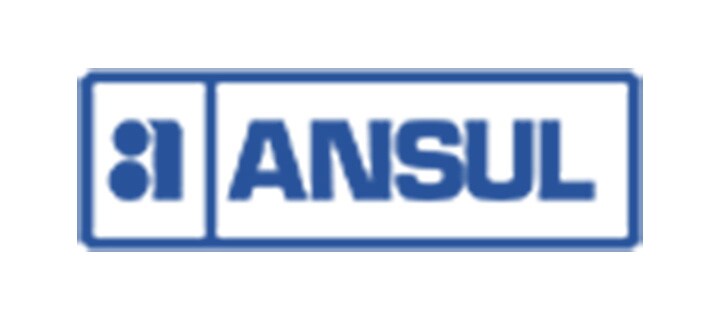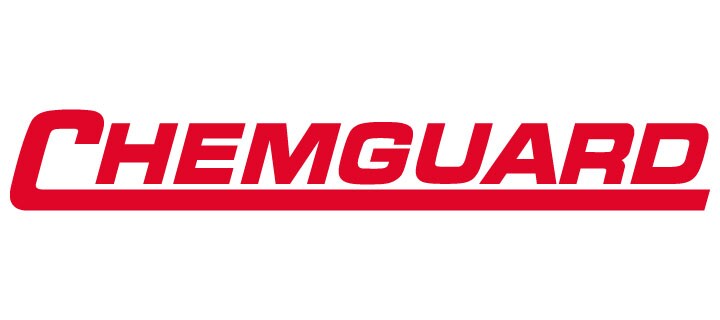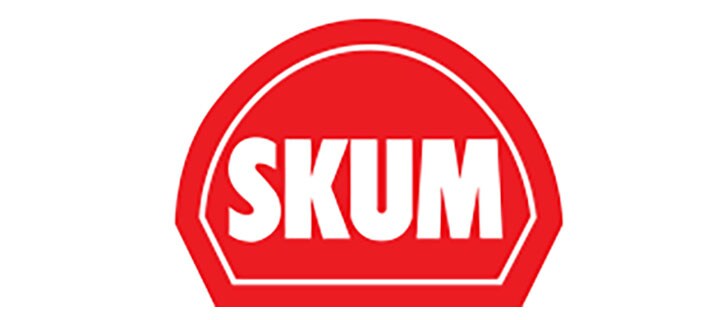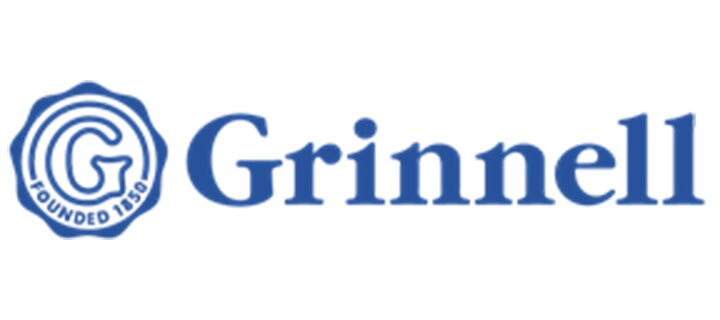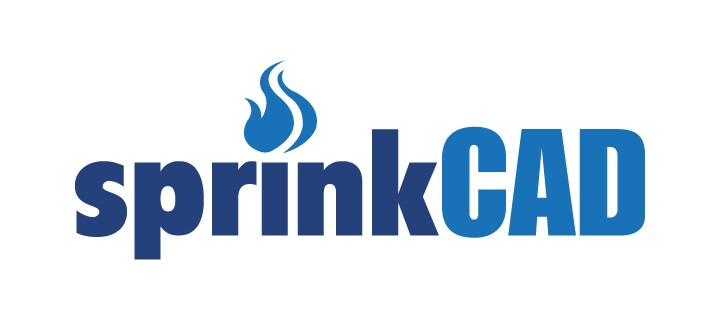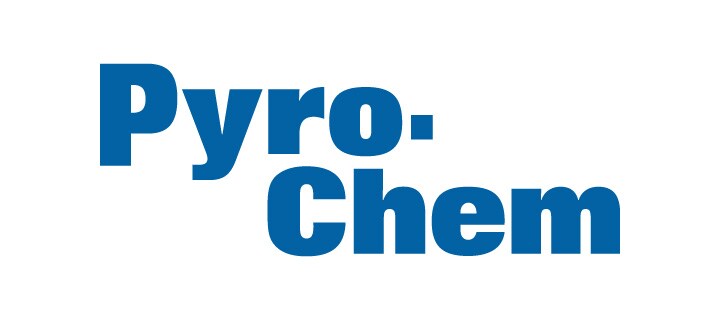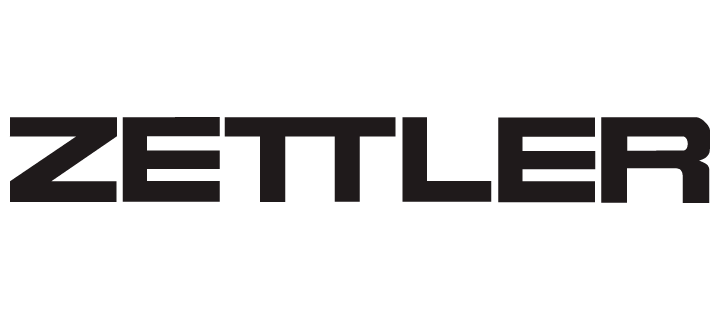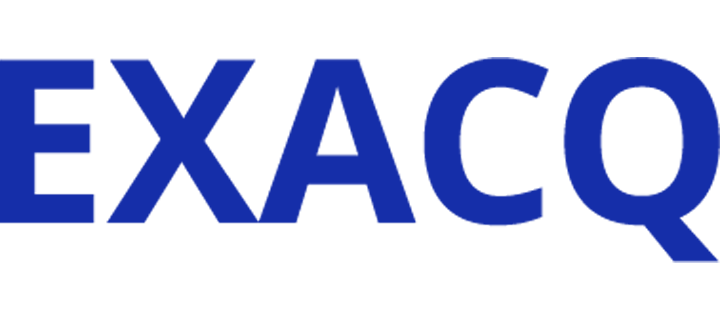You can return to the homepage, or report the error using our Contact form.
Global Directory
Global Directory
- Anguilla - English
- Antigua & Barbuda - English
- Aruba - English
- Bahamas - English
- Barbados - English
- British Virgin Islands - English
- Cayman - Islands - English
- Curacao - English
- Dominica - English
- Dominican Republic - Español
- Grenada - English
- Guadeloupe - English
- Haiti - English
- Jamaica - English
- Martinique - English
- Puerto Rico - Español
- Puerto Rico - English
- Saint Barthélemy - English
- Saint Kitts and Nevis - English
- Saint Lucia - English
- Saint Martin - English
- Trinidad & Tobago - English
- Virgin Islands - English
- Saint Vincent & The Grenadines - English
- Austria - Deutsch
- Belgium - Français
- Belgium - Nederlands
- Bosnia & Herzegovina - English
- Bulgaria - English
- Croatia - English
- Czech Republic - Čeština
- Denmark - Dansk
- Finland - Suomeksi
- France - Français
- Germany - Deutsch
- Greece - English
- Hungary - Magyarország
- Ireland - English
- Italy - Italiano
- Macedonia - English
- Netherlands - Dutch
- Norway - Norge
- Poland - Polski
- Portugal - Português
- Romania - Romanian
- Russia - Русский
- Serbia - English
- Slovakia - Slovenčina
- Spain - Espanol
- Sweden - Swedish
- Switzerland - Deutsch
- Switzerland - Français
- Switzerland - Italiano
- Ukraine - Ukrainian
- United Kingdom - English
Global Directory
- Anguilla - English
- Antigua & Barbuda - English
- Aruba - English
- Bahamas - English
- Barbados - English
- British Virgin Islands - English
- Cayman - Islands - English
- Curacao - English
- Dominica - English
- Dominican Republic - Español
- Grenada - English
- Guadeloupe - English
- Haiti - English
- Jamaica - English
- Martinique - English
- Puerto Rico - Español
- Puerto Rico - English
- Saint Barthélemy - English
- Saint Kitts and Nevis - English
- Saint Lucia - English
- Saint Martin - English
- Trinidad & Tobago - English
- Virgin Islands - English
- Saint Vincent & The Grenadines - English
- Austria - Deutsch
- Belgium - Français
- Belgium - Nederlands
- Bosnia & Herzegovina - English
- Bulgaria - English
- Croatia - English
- Czech Republic - Čeština
- Denmark - Dansk
- Finland - Suomeksi
- France - Français
- Germany - Deutsch
- Greece - English
- Hungary - Magyarország
- Ireland - English
- Italy - Italiano
- Macedonia - English
- Netherlands - Dutch
- Norway - Norge
- Poland - Polski
- Portugal - Português
- Romania - Romanian
- Russia - Русский
- Serbia - English
- Slovakia - Slovenčina
- Spain - Espanol
- Sweden - Swedish
- Switzerland - Deutsch
- Switzerland - Français
- Switzerland - Italiano
- Ukraine - Ukrainian
- United Kingdom - English

-
Smart Buildings
Smart Buildings
- A New Class of Smart Buildings
-
By Industry By Industry
- All Industries
- Data Centers
- Global Marine and Navy
- Aviation
- Commercial
- Critical Infrastructure
- Distilleries
- Food and Beverage
- Healthcare
- Higher Education
- Industrial and Manufacturing
- Justice and Prisons
- Oil and Gas Solutions
- Rail and Light Rail
- Renewable Energy
- Security
- Sports and Entertainment
- Transportation
FeaturedData Centers

Our data center infrastructure helps to streamline operations with increased uptime to achieve critical business goals.
Learn more -
Solutions Solutions
- Equipment Optimisation
- Space Optimisation
- Operational Efficiency
- Energy Efficiency
- Net Zero Tracking
- Digital Services
- Software & Digital Solutions
- Indoor Air Quality
- Renewable Solutions
FeaturedYour gateway to your sustainability and business goals

Digital solutions that improve energy efficiency, reduce carbon emission, optimise space use and equipment performance, and ensure health and wellbeing of occupants.
Learn more -
OpenBlue OpenBlue
- What is OpenBlue?
- OpenBlue Services
- OpenBlue Platform & Technology
- OpenBlue Total Economic Impact Study
Featured
Applying data from both inside buildings and beyond, our customers can now manage operations systemically.
Learn more -
Net Zero Buildings Net Zero Buildings
- What are Net Zero Buildings?
- Net Zero Buildings as a Service
- First Steps to Net Zero
- Net Zero Tracking
- Goal Setting and Advisory Services
- Energy Efficiency
- Renewable Solutions
- Sustainable Operations
Featured
Achieve decarbonisation and renewable energy targets and optimise building performance.
Learn more - Healthy Buildings
-
Indoor Air Quality Indoor Air Quality
- What is Indoor Air Quality (IAQ)?
- IAQ Advisory Services
- IAQ as a Service
- IAQ Audits
- IAQ Codes and Standards
- IAQ Savings and Space Optimisation
- IAQ Partnerships
Featured
Indoor air quality is essential for the well-being, health, and productivity of the people inside every building, new and old.
Learn more - Energy Efficiency & Sustainability
-
Space, Wellbeing & Productivity Space, Wellbeing & Productivity
- Indoor Air Quality (IAQ)
- IAQ Monitoring
- Software & Digital Solutions
- Workplace Management
- Space Performance Monitoring
- Critical Environments Reporting
- Operational Efficiency
-
Security, Safety & Compliance Security, Safety & Compliance
- Security Lifecycle Management
- Access Control
- Intrusion Detection
- Fire Detection
- Fire Suppression
- Video Surveillance
- Building Automation and Controls
Featured
Optimise the performance of your building with OpenBlue, a complete ecosystem of connected technologies, expertise and services.
Learn more about OpenBlue -
Products & Solutions
Products & Solutions
-
Building Automation and Controls Building Automation and Controls
-
HVAC Equipment HVAC Equipment
- HVAC Systems
- Air Distribution
- Air Handling Units
- Chillers
- Close Control Units
- Fan Coil Units
- Heat Pump Solutions
- Rooftop Units Systems
- Solutions & Services
- Split Systems
- Variable Air Volume Terminals
- Variable Refrigerant Flow Systems
Featured
OpenBlue is powering impactful sustainability, respectful safety and security, while delivering an enhanced customer experience.
Learn more about OpenBlue -
Industrial Refrigeration Industrial RefrigerationFeatured

OpenBlue is powering impactful sustainability, respectful safety and security, while delivering an enhanced customer experience.
Learn more about OpenBlue -
Fire Detection Fire Detection
- All Fire Detection
- Control Panels
- High-Rise Evacuation Alert Systems
- Networks
- Notification Appliances and Audio Devices
- Public Address and Voice Alarm Systems
- Sensors and Initiating Devices
Featured
OpenBlue is powering impactful sustainability, respectful safety and security, while delivering an enhanced customer experience.
Learn more about OpenBlue -
Fire Suppression Fire Suppression
- All Fire Suppression
- Autonomous Fire Suppression
- Cold Storage Fire Sprinkler Systems
- Fire Extinguishers
- Fire Sprinklers
- Fire Valves and Devices
- Foam Concentrates Hardware and Equipment
- Gaseous Systems and Control Panels
- Grooved Couplings and Fittings
- Mechanical Fittings and Supports
- Residential Fire Sprinkler Systems
- Restaurant Systems
- Vehicle Systems
- Water Mist Fire Protection Solutions
Featured
OpenBlue is powering impactful sustainability, respectful safety and security, while delivering an enhanced customer experience.
Learn more about OpenBlue -
Security SecurityFeatured

OpenBlue is powering impactful sustainability, respectful safety and security, while delivering an enhanced customer experience.
Learn more about OpenBlue - Decarbonisation Solutions
- Energy Services
-
Marine and Navy Marine and Navy
- All Marine and Navy
- Fire Suppression Systems
- Fire Detection Systems
- Emergency Communications
- Heating, Ventilation, Air Conditioning and Refrigeration
- Life Safety Equipment
- Portable Gas Detection
- Confined Space Management
Featured
OpenBlue is powering impactful sustainability, respectful safety and security, while delivering an enhanced customer experience.
Learn more about OpenBlue -
Oil and Gas Oil and Gas
- All Oil and Gas
- Confined Space Management
- Fire and ESD Safety Systems
- Fire and Life Safety Equipment
- Fire Detection
- Fire Suppression
- Interface Engineering
- Portable Gas Detection
- Production Systems
- Spector Lumenex Voice Systems
Featured
OpenBlue is powering impactful sustainability, respectful safety and security, while delivering an enhanced customer experience.
Learn more about OpenBlue -
Digital Solutions Digital SolutionsFeatured

OpenBlue is powering impactful sustainability, respectful safety and security, while delivering an enhanced customer experience.
Learn more about OpenBlue -
Doors, Shutters and Barriers Doors, Shutters and BarriersFeatured

OpenBlue is powering impactful sustainability, respectful safety and security, while delivering an enhanced customer experience.
Learn more about OpenBlue -
Care Communication Systems Care Communication Systems
- All Care Communication Systems
- After-Sales Care
- Belfast City Hospital Case Study
- Nurse Call Systems for Care Homes
- Nurse Call Systems for Hospitals and Clinics
- Nurse Call Systems for Mental Health Premises
- Real Time Location Systems
- Staff Attack Systems for Hospitals
- WC Disabled Persons Alarm Systems
- Wired or Wireless Nurse Call Systems
Featured
OpenBlue is powering impactful sustainability, respectful safety and security, while delivering an enhanced customer experience.
Learn more about OpenBlue - Retail Solutions
- Residential and Smart Home
Metasys 15.0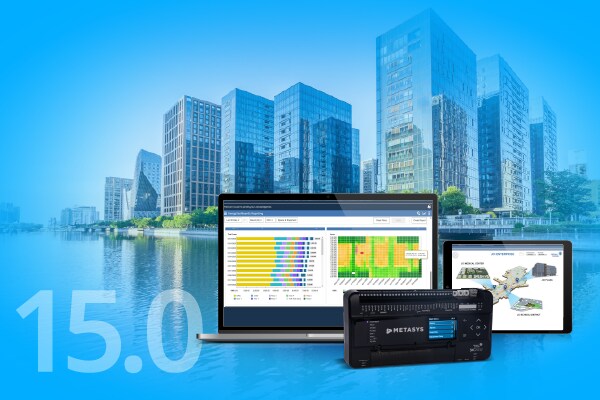
Metasys 15.0 provides a more intuitive interface with advanced analytics, three-click access to energy insights with Energy Dashboards & Reporting, and architecture that can be scaled to any building or campus.
Learn more about Metasys 15.0 -
Building Automation and Controls
-
Services & Support
Services & SupportFeatured

Through our Capital Funding Solutions, we have financed more than £4.5B in customer projects worldwide - partnering with our customers to determine the best way to make their projects happen.
Learn more -
Industries
Industries
- Aviation
- Breweries and Distilleries
- Commercial
- Critical Infrastructure
- Data Centres
- Education
- Food and Beverage
- Healthcare
- Industrial and Manufacturing
- Justice and Prisons
- Marine and Navy
- Oil and Gas Solutions
- Rail and Light Rail
- Renewable Energy
- Security
- Sports and Entertainment
- Transportation and Logistics
Featured
Our data centre infrastructure helps to streamline operations with increase uptime to achieve critical business goals.
Learn More - Insights
-
ABOUT US
ABOUT USCelebrating 140 years

Johnson Controls has been a leader in innovation for 140 years and has helped transform and shape the industry as we know it. As we mark this major milestone, we remain focused on driving the next era of industry transformation and powering our customers' missions.
Learn more

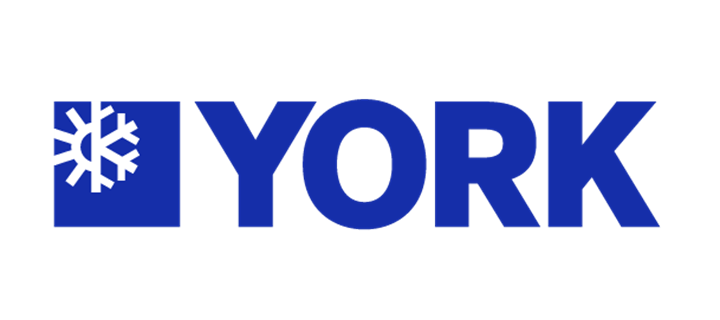

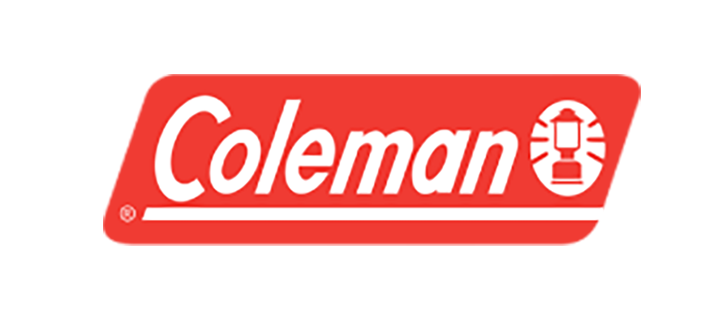

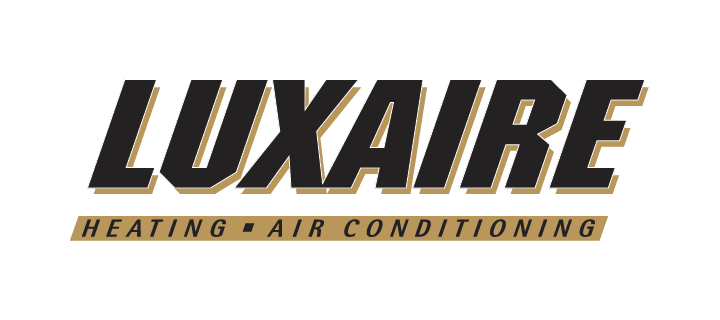






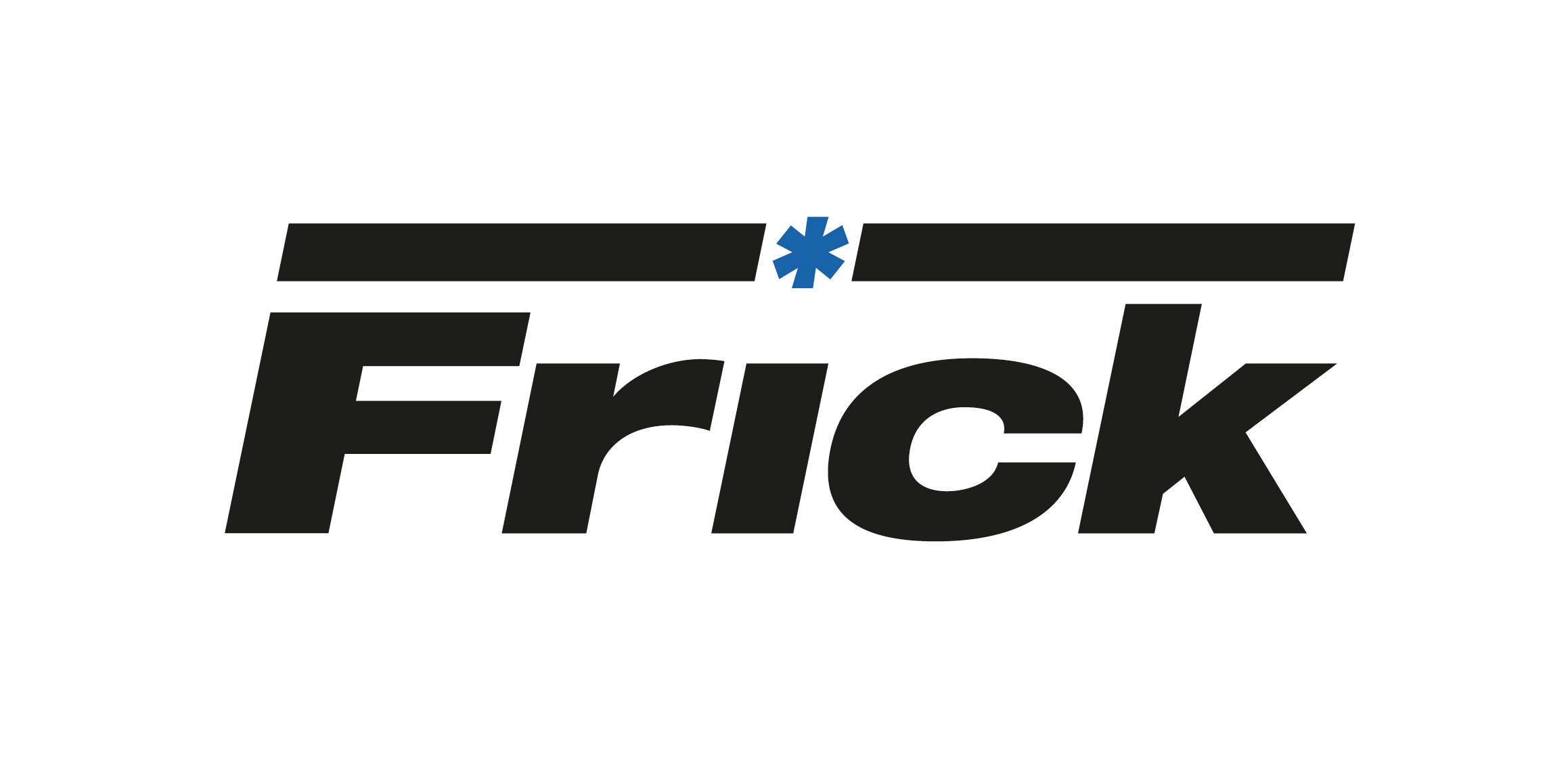
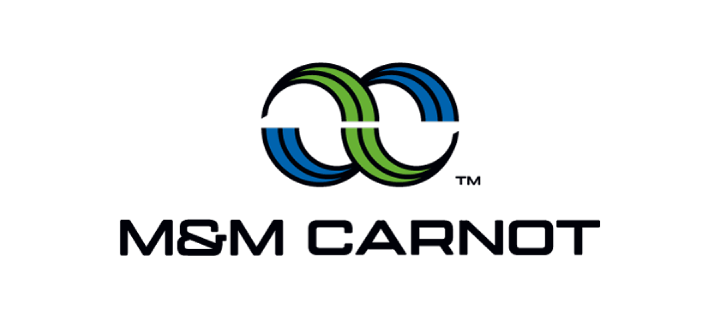








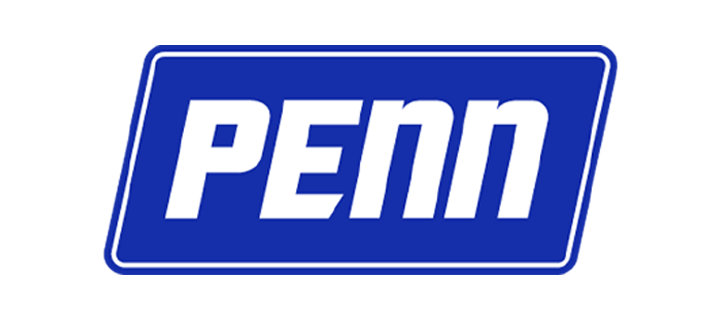

.jpg?la=en&h=320&w=720&hash=244C75B74F0F77521D56164450973BCD)
